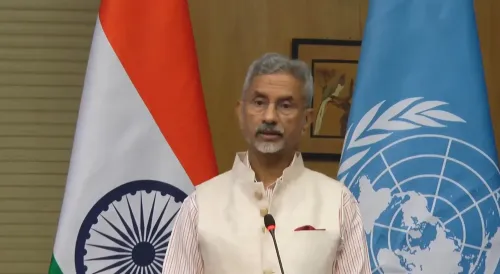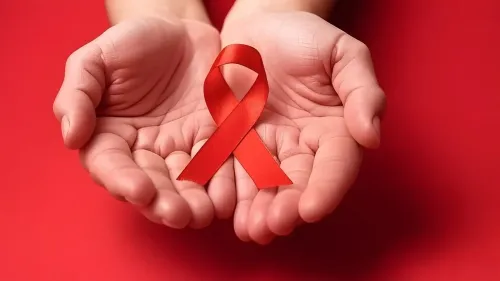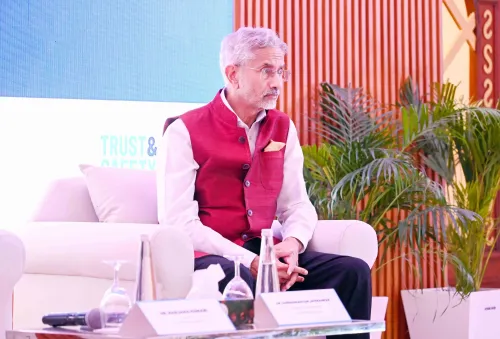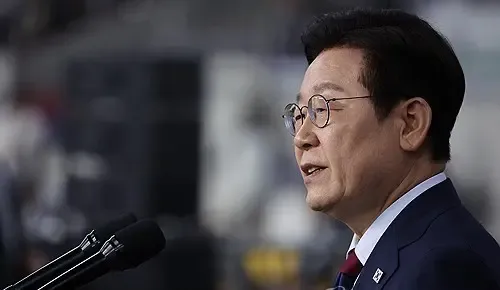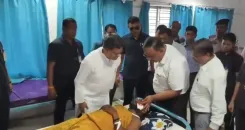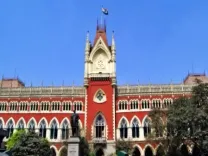Why Did Former PM Hasina Oppose the Trial of Army Officers by the International Crime Tribunal?
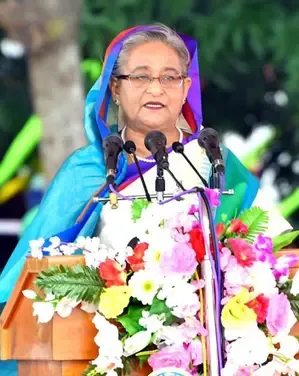
Synopsis
Key Takeaways
- Sheikh Hasina condemns the ICT's actions.
- The ICT is accused of bias against army officers.
- Calls for justice and accountability are growing.
- The political landscape in Bangladesh is highly polarized.
- Hasina urges national unity against extremism.
Dhaka, Oct 24 (NationPress) The former Prime Minister of Bangladesh, Sheikh Hasina, has vocally criticized the prosecution of army officers by the country’s “illegitimate” International Crime Tribunal (ICT) under the interim government led by Muhammad Yunus.
This condemnation follows the ICT’s recent decision to imprison 15 army officers concerning three distinct cases involving enforced disappearances, killings, and other alleged crimes against humanity during the Awami League administration, as reported by local media.
In a statement shared on social media by the Bangladesh Awami League, Hasina remarked, “Bangladesh is witnessing an unprecedented and surreal event. The ICT, which previously tried war criminals accountable for heinous acts during our Great War of Liberation, is now being wielded against the valiant members of our armed forces — the vigilant guardians of our independence and sovereignty.”
Hasina condemned this “despicable” action, urging for the cessation of the “illegal” ICT and its “farcical” trials, while calling for the unconditional release of political prisoners.
Criticizing the Yunus regime, she stated, “Under the illegitimate, power-seizing, and human rights-violating regime of the murderer and fascist Yunus, Bangladesh has devolved into a lawless state — a jungle.” She emphasized that the nation has become a refuge for terrorists and extremists.
Referring to the events of the student movement in July–August last year, she described these as a “so-called movement” fueled by a “meticulously designed conspiracy,” resulting in the brutal killings of civilians, police officers, Awami League leaders, and various community members.
Hasina asserted that the perpetrators were “extremists and terrorists” who have evaded justice, while legal actions are now being initiated against “murderers and destroyers” of state property, leaving victims without recourse for justice.
Highlighting the injustice, she stated that cases have been lodged against armed forces and police who were merely upholding duty during horrific arson attacks and violence. They are now facing false accusations of abduction and murder.
“This showcases the extreme bias of the illegal, murderous, fascist Yunus faction towards terrorism and extremism,” she noted, adding, “It establishes a dreadful precedent of state-sponsored terrorism.”
Hasina urged the populace of Bangladesh to “unite and resist” the “monstrous rise” and work towards rebuilding a humane society.

